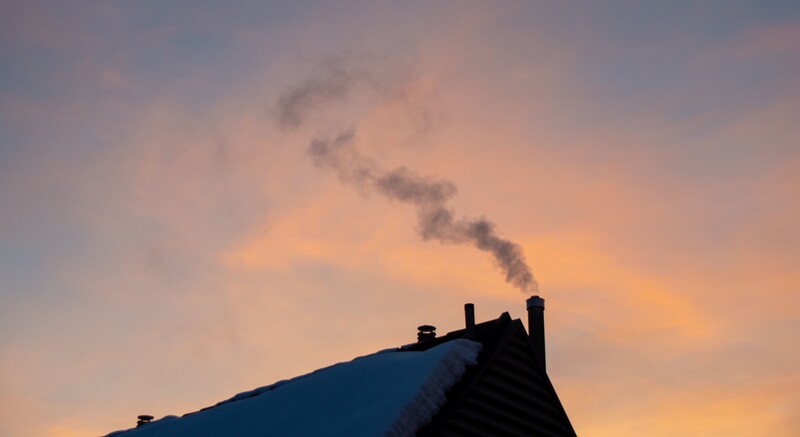Confused about the current carbon tax drama? Strap in and get in the know.
What happened: Prime Minister Justin Trudeau said that there would be no more exemptions to the federal carbon pricing plan despite demand from upset provinces.
Catch-up: Back in 2018, the federal government demanded all provinces and territories implement a carbon pricing plan for carbon emitters or adopt the federal standard. As of right now, all but Québec, B.C., and the Northwest Territories follow the federal carbon tax.
- The plan currently charges emitters $65 per tonne of carbon emitted, with the price going up at a rate of $15 per year before topping out at $170 per tonne in 2030.
Last week, the feds announced a three-year tax exemption for the use of home heating oil — a method of heating mostly used in Atlantic Canada — and a rebate boost for rural folks.
- The feds justified the move as heating oil is easily the most expensive way to heat one’s home and argued the pause gives people more time to transition away from it.
Yes, but: Provinces that don’t use home heating oil found the move to be majorly unfair.
- Saskatchewan Premier Scott Moe said the province would stop collecting taxes on natural gas heating. Both the ruling and opposition parties voted unanimously in favour of calling on the feds to remove carbon pricing on all forms of home heating.
- Alberta Premier Danielle Smith quickly came out against the move, saying it would divide the county, and took to X to call for an end to all carbon pricing.
- Even B.C. was mad despite not even following the federal carbon tax. Several ministers and Premier David Eby said that the province also deserves a rebate.
Why it matters: The carbon pricing plan has been a contentious matter since its inception and has faced several repeal attempts. This latest move has renewed ire against it from both sides of the political aisle, and, some critics argue, undermined the plan’s credibility.—QH
